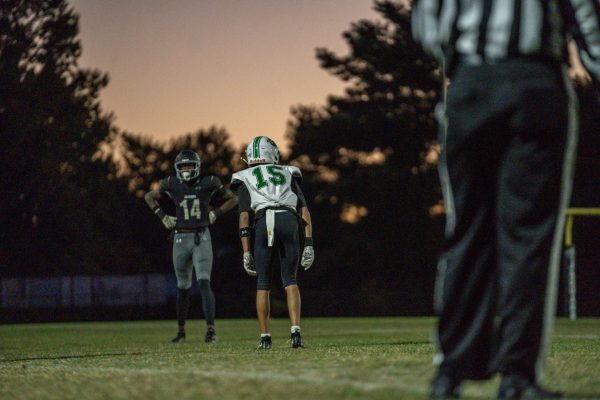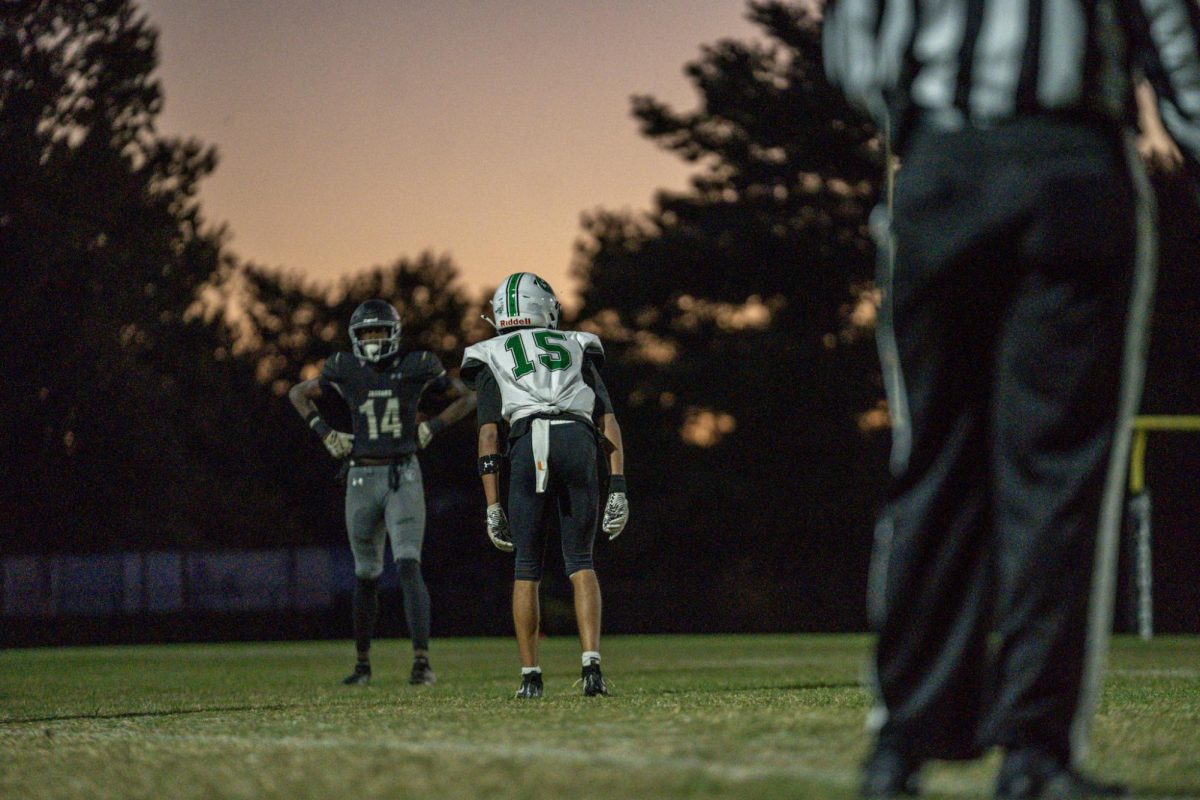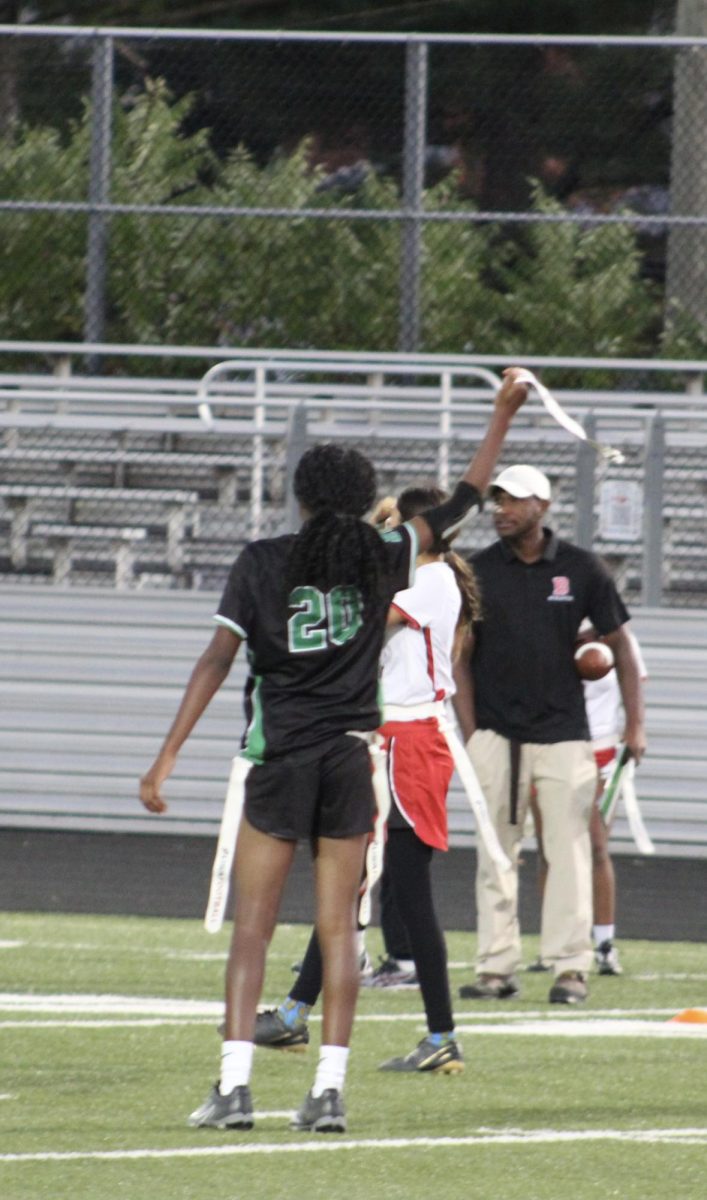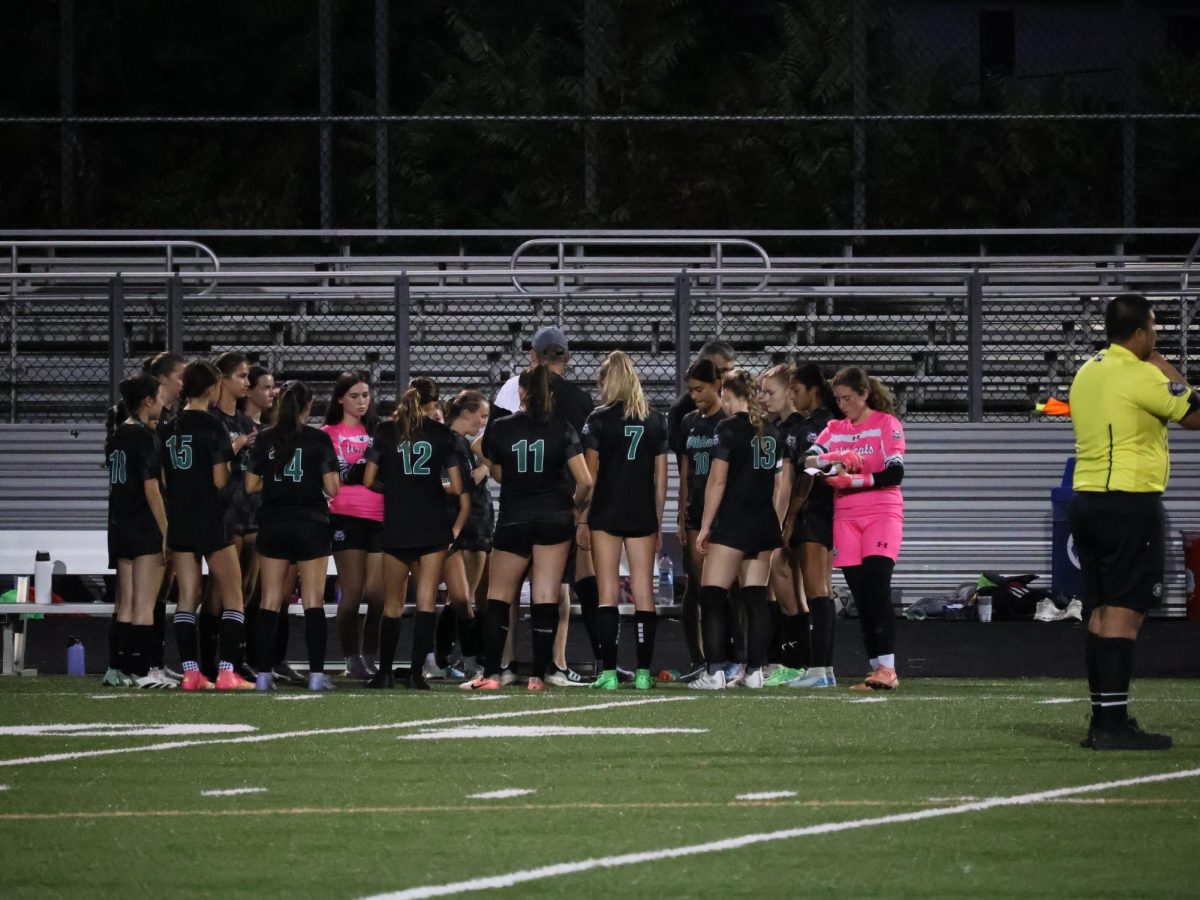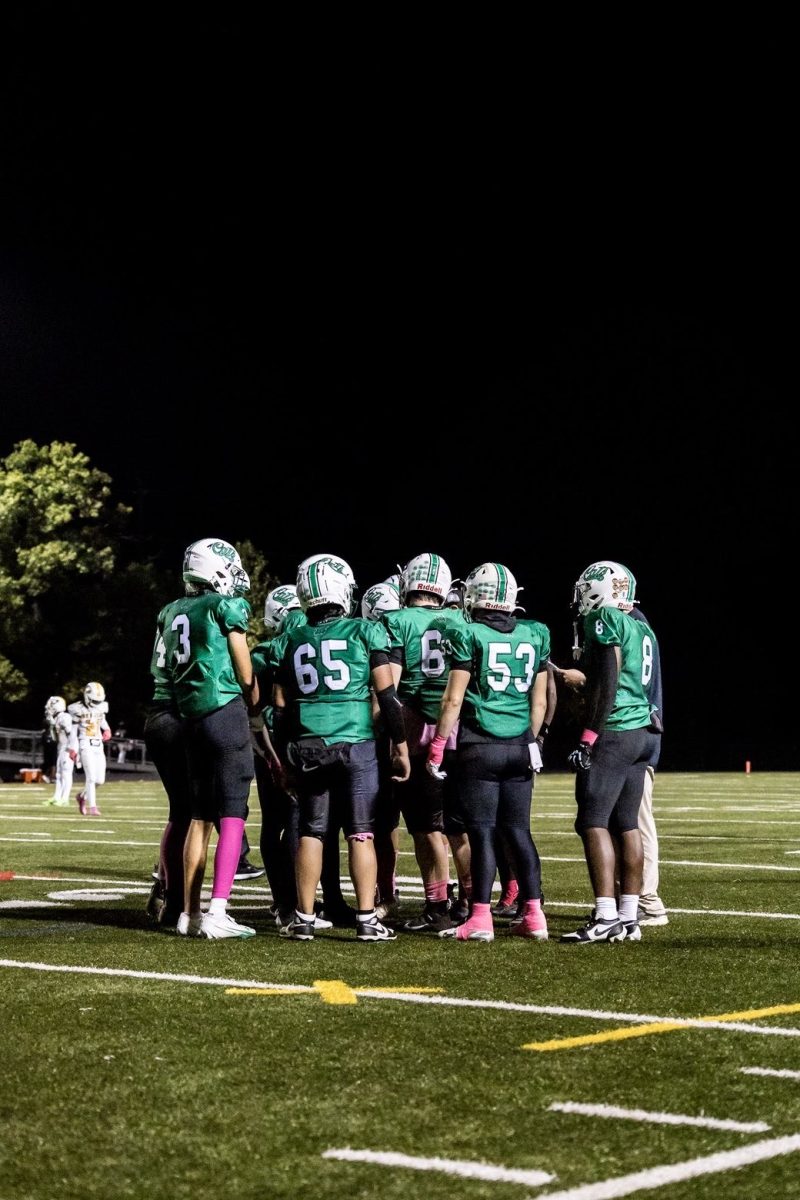UK Stays United: Scotland Votes “No” in Historic Referendum
Oct 27, 2014
On Sept. 18, Scotland voted on the movement to declare independence from the United Kingdom (U.K.) and become its own country. To the surprise of many, Scotland’s majority vote was to stay a part of the United Kingdom of Great Britain and Northern Ireland.
“Yes Scotland” was the official name for the Scottish Independence movement and 2014 referendum. Although the “yes” vote won a majority in some areas- such as in Glasgow, Scotland’s largest city- “no” was also the clear choice for many areas, such as the nation’s capital Edinburgh, where 61 percent of the voters were against independence and only 39 percent were for it. With the results in from all 32 council areas, “no” clearly won with 2,001,926 votes over 1,617,989 for “yes”. The vote came down to a simple 55 percent over 45 percent in the final results. Over 3.6 million Scots voted in total, making the massive referendum sure to go down in history.
British Prime Minister David Cameron stated that he was very pleased with the referendum decision, and that there should be “no disputes, no re-runs.” First Minister and avid activist for “Yes” (Scotland becoming an independent nation) activist Alex Salmond resigned after the referendum’s majority decision was released to the public. The Yes campaign website was updated quickly after the announcement with an edited version of the First Minister’s speech.
“Thank you Scotland for 1.6 million votes for Scottish independence. Our friends in the Highlands of Scotland are still to speak, so the final results aren’t in but we know that there is going to be a majority for the No campaign,” the website states.
The slightly altered version of this statement was presented by the First Minister at Dynamic Earth on September 19.
“I think all of us in this campaign say that that 45 [percent], that 1.6 million votes, is a substantial vote for Scottish independence and the future of this country,” the statement continues. “Let us… have confidence that the movement is so broad in Scotland that it will take this nation forward,”.
Blair Jenkins, Dennis Canavan, and Stephen Noon were “Yes Scotland”‘s chief executive, advisory board chair, and chief strategist, respectively.
“Everybody wanted to express our deep gratitude to all of those who worked so hard for a Yes vote”, an update on the Yes Scotland website reads. “We know that many local Yes groups are continuing to meet and that the political parties involved in the Yes movement are seeing huge increases in membership.”
WJ senior Shaina Rudman think the independence referendum “would have been too complicated for [Scotland] to implement… and there would have been a lot of unintended consequences.” She feels it’s “better that they remain a part of the United Kingdom and just try to gain more independence within that.”
According to the Scottish Referendum website scotreferendum.com, it is the view of the Scottish government that a referendum is a once-in-a-generation opportunity, meaning that only a majority vote for Yes in 2014 would have made it certain that Scotland would be independent. There is no arrangement currently in place for another referendum on independence.
“I think that [Scotland is] underrepresented… it’s just been a pattern in [U.K.] history that the countries within it have been seeking devolution,” said senior Dana Baer.
Although some believe another referendum could be in the future for Scotland, others do not.
“If an event were to occur that would bring that 5% to the side of independence then another referendum could definitely happen,” Rudman said.
Baer disagreed, stating that it is clear that Scotland does not want independence.
David Uhler, an AP World History teacher, said that a strong sense of Scottish nationalism was part of what led to their independence movement. He said Scottish politics, which are growing increasingly more liberal than the politics of their English neighbors, led to a political divide, and Scotland’s interest in having more control over its own future economic endeavors led to an increased interest in independence as well. On the other hand, England, according to Uhler, did not want to lose the Scottish sector of their economy.
“I think that the overall feeling in Scotland was that it made more sense for them to stay part of the union, because they’re part of a larger economy and…military, and all of those aspects of Britain as a very powerful nation in today’s world,” Uhler said.
The “Better Together” campaign website, bettertogether.net, released the following statement by British Labor politician and Member of Parliament Alistair Darling after the final decision was made.
“Over the past weeks and months you’ve turned out in droves to fight for our future. You’ve knocked on doors, made phone calls and had important conversations with your friends and families about how much better we are together. You’ve shown unity and dignity, strength and passion. You’ve embodied everything that our Scotland stands for,” Darling said.
Darling, the Chancellor of the Exchequer (the royal or national treasury), was the original creator of the campaign, and officially launched on June 25, 2012 at Edinburgh Napier University.
The No campaign’s website now displays an image of a crowd holding up signs reading “LOVE SCOTLAND, VOTE NO”.
Despite losing the vote, the campaign for Scotland’s independence has not completely disappeared. As a repercussion of the many votes for no independence, there was a notable surge in support for the political parties favored by the independence campaign.
In less than two weeks, the Scottish National Party’s membership count tripled from 25,000 to 75,000. The Scottish Socialist party’s membership has grown as well, and the Scottish Green Party became the U.K.’s overall largest green party, making their membership more than 6,000 people.
However, Rudman believes that if the referendum had passed, the Scottish Greens may not have been very happy with the results.
“I was reading an article about the environmental effects of what would happen if they became separate because they would lose a lot of funding for their green initiatives,” Rudman said.
As a result of the referendum decision, Scotland will continue their 307-year long membership of the U.K., and thus the United Kingdom will remain united. A majority of voters are thrilled by this outcome and are convinced that the nations are, and will continue to be, Better Together.





